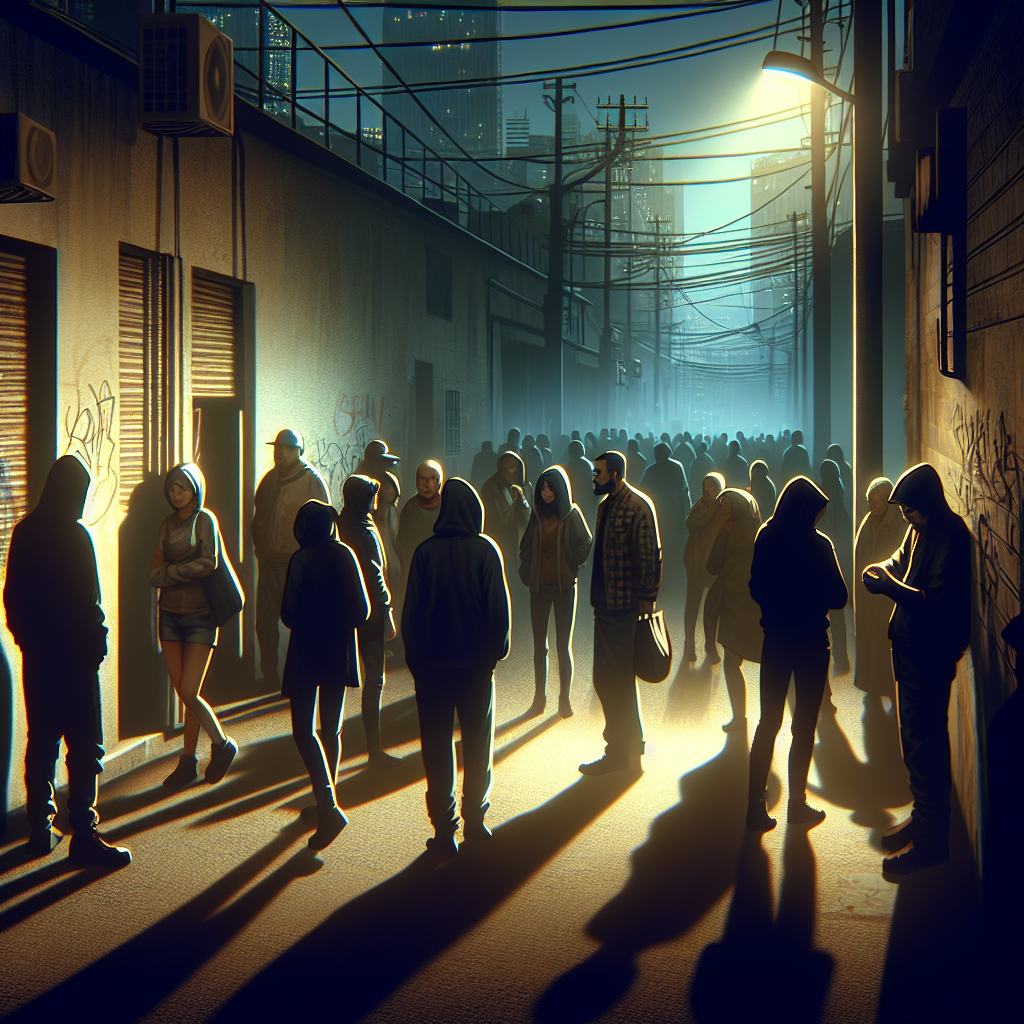
Fog-laden streets, shrouded in uncertainty where shadows take form – on these paths tread desperate men and women, their actions fueled by an economic divide growing wider than ever before. ‘Economic inequality reaches record levels: A Wake-Up Call,’ is more than a provocative headline; it’s an uncomfortable truth.
In our pursuit of growth, we’ve ignored the widening chasm between the wealthy and the poverty-stricken – resulting now in crippling socio-economic issues with devastating ramifications for law enforcement agencies battling heightened crime rates.
The Breaking Story
Our investigation reveals direct correlations between rising wealth discrepancies and surges in criminal activities such as thefts, burglaries, white-collar crimes, and organized fraud rings.
Immediate Impact
With increased desperation comes increased daring. Crime has not merely increased quantitatively but has evolved qualitatively into more audacious manifestations never seen before.
Key Players Involved
This tense narrative runs through each stratum of society – from marginalized communities feeling compel to illicit activities due to economic hardships to higher echelons indulging in financial crimes safeguarded by their monetary muscle.
What We Know So Far
Evidence suggests that unequal societies tend to have higher crime rates. The correlation does not imply causation but does underline glaring loopholes within systemic structures perpetuating this issue.
Public Reaction
PAnxiety prevails among citizens who are questioning the authorities’ inability to maintain law and order under such critical circumstances.
Expert Analysis
Leading criminologists and economists agree that robust policy changes geared towards mitigating economic disparity may lead to a significant decrease in overall crime rates.
What Happens Next
PThe ball is now in the court of policymakers who need to rightly identify this as not just an economic issue but one of law and order, public safety, and social harmony.
Broader Implications
PIf left untreated, intensifying wealth gaps would lead us into a dystopian reality where justice becomes elusive because of overwhelming criminal activities derived from financial desperation or facilitated by unchecked financial power.
Historical Context
P
This isn’t the first instance when societal rifts have led to increased crime. It’s an echo from our past whispering cautionary tales if we dare listen.”
Moving Forward
“,We stand on precipices of important decisions – ones that demand a shift in discourse about wealth inequality from meeting rooms of economists into town halls, police departments, judiciary courts – anywhere justice matters. As we strive for inclusivity and equality, it is these acts countering bias that shall propel us onto roads less traveled – those leading towards equitable prosperity.”
